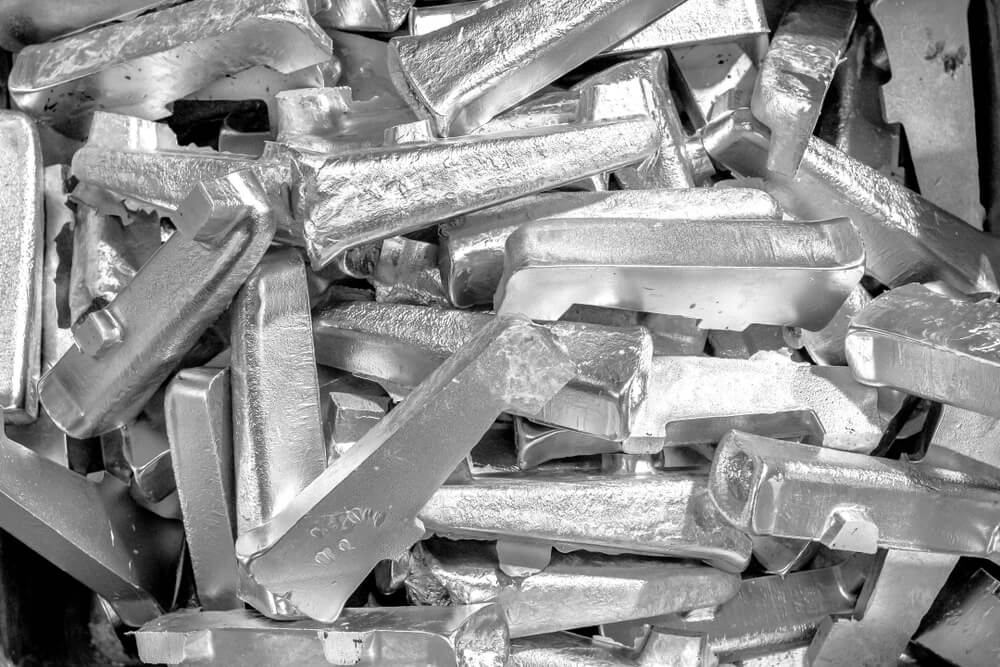
Could platinum-based fuel cells power aviation?
In the UK alone, aviation accounts for around 7% of greenhouse gas emissions. Before the Covid-19 pandemic, the country’s airline industry was already facing increasing pressure to reduce carbon. According to the World Platinum Investment Council, it had pledged to cut net carbon emissions to zero by 2050.
Advances in aviation technology point to the feasibility of hydrogen fuel cells. They use platinum catalysts to provide a zero-emission alternative to the jet engine. Hydrogen fuel cells offer an efficient alternative powertrain for aircraft due to the energy density and fast fuel refueling times they offer. Plus, a much longer cycle life before replacement is necessary. Some experts already believe that hydrogen fuel cells will become a dominant technology in the era of “decarbonized aviation”. This is according to the World Platinum Investment Council.
ZeroAvia creates the world’s first zero-emission aviation powertrain
Just last month, ZeroAvia, a developer of aircraft hydrogen powertrain solutions, reached a milestone in its HyFlyer project when it made the first commercial-scale aircraft electric flight in the UK. The HyFlyer Project aims to decarbonize small, medium-range aircraft by replacing conventional engines in propeller aircraft with electric motors, hydrogen fuel cells, and gas storage.
The HyFlyer Project will complete a UK-based 250-300 nautical mile flight from the Orkney Islands in Scotland later this year. It is a crucial step in ZeroAvia’s journey towards performance as a conventional aircraft engine. But with zero carbon emissions and around half of operating costs, ZeroAvia aims to be ready to supply commercial operators and aircraft manufacturers by 2023, initially targeting the market for regional flights of up to 500 miles on fixed-wing aircraft with 20 seats.
The HyFlyer project is partially funded by a £2.7 million grant from the UK government.
The French government has gone further with a € 13 billion post-COVID-19 rescue plan for its aerospace industry. However, since decarbonization has advanced on the list, the ministers intend to make funding contingent on the industry’s increasing investment in alternative technologies, such as hydrogen and electric fuel cells.
Elsewhere, the European Commission also supports initiatives aimed at reducing emissions from aircraft. This year, it awarded a €9 million grant to a consortium that participated in a four-year project investigating hybrid electric drive systems for commercial aviation, including platinum-containing fuel cells.
For generations, platinum has been quite desirable for jewelry. However, the most significant application of the metal is manufacturing catalytic converters in vehicular emission control units. This industry uses nearly half of the global platinum production.
-
Support
-
Platform
-
Spread
-
Trading Instrument




